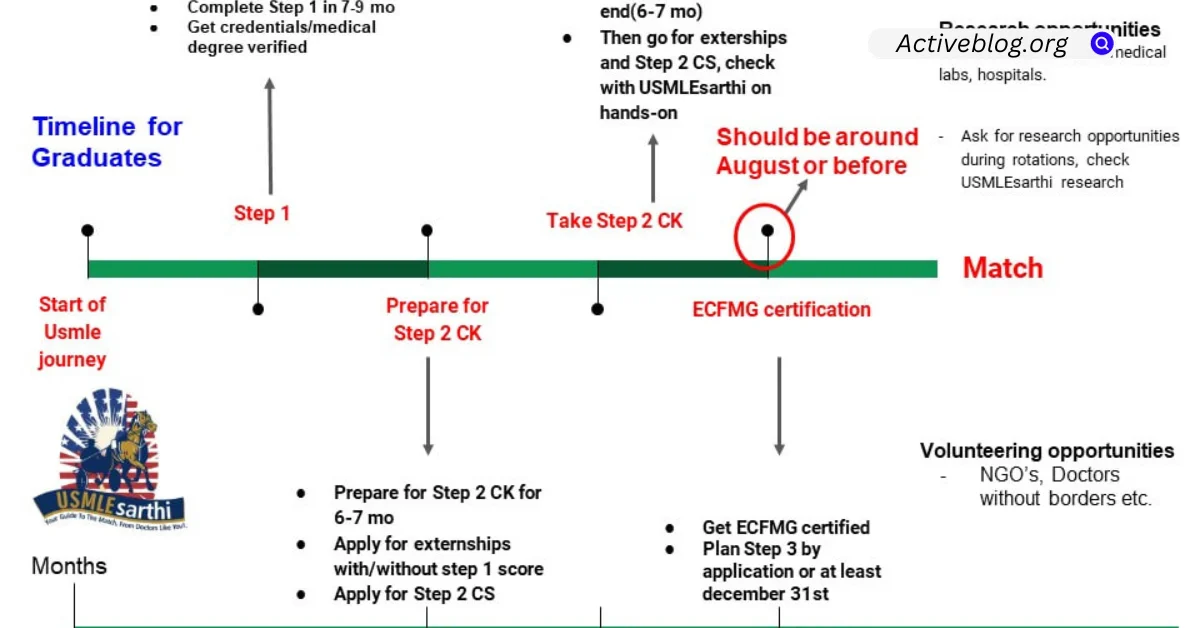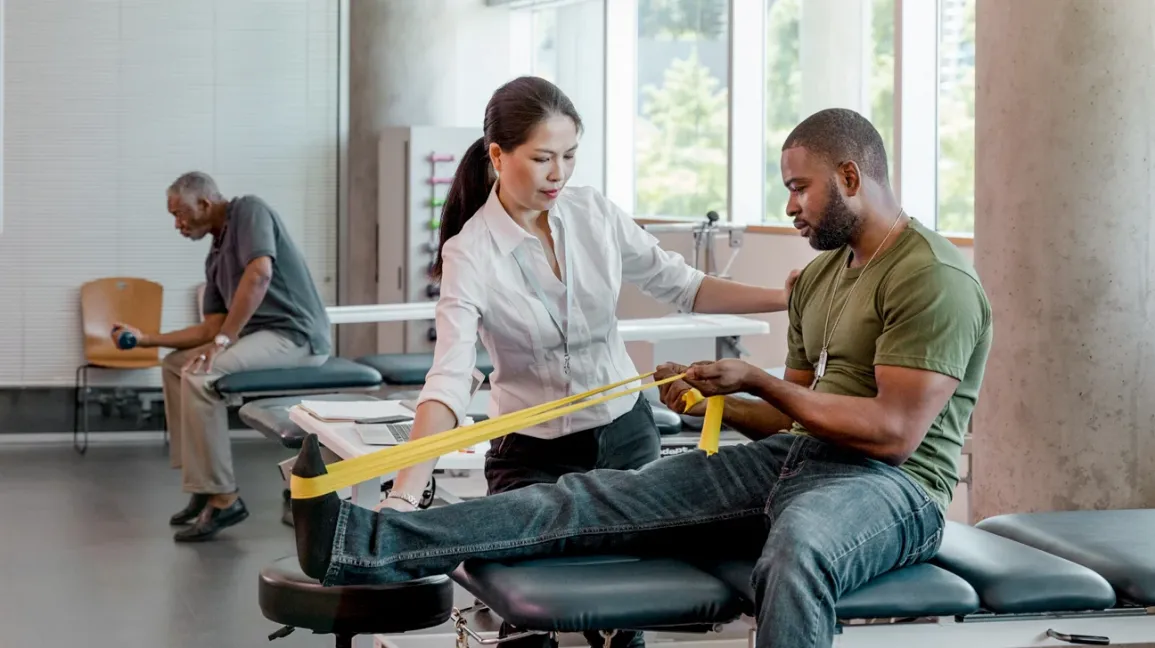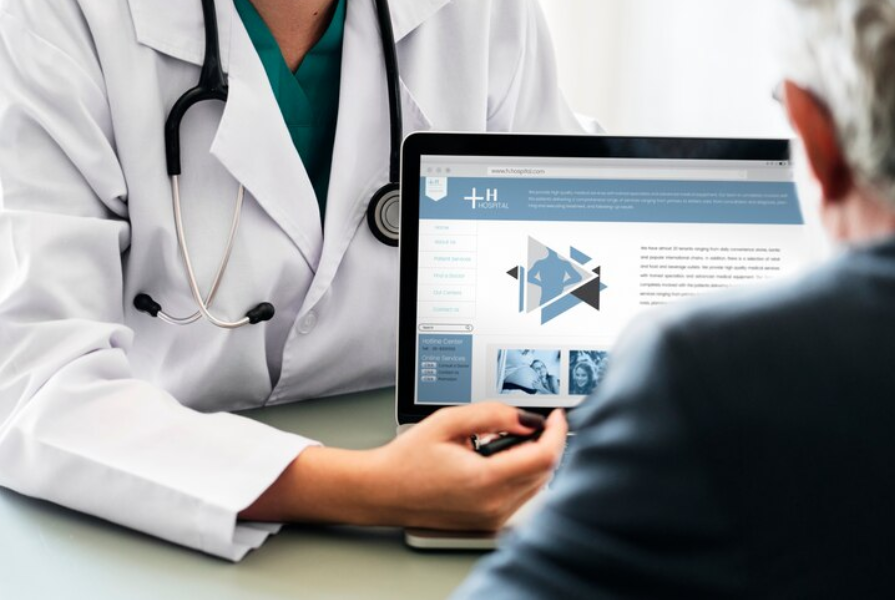Preparing for and taking the United States Medical Licensing Examination (USMLE) Step 1 is a significant milestone for medical students. It is a comprehensive exam that tests the knowledge and understanding of basic medical concepts, principles, and patient-centered skills. The exam is designed to assess the readiness of medical students to enter the next phase of their training, which includes clinical rotations and residency programs.
However, passing the USMLE Step 1 exam is just the beginning of a long journey towards becoming a licensed physician. After the exam, students often wonder what their next steps should be.
- Should they take a break or jump right into the next phase of their training?
- What are the best study resources for Step 2?
- How can they improve their clinical skills?
These are just a few of the questions that may come to mind.
In this guide, we will discuss some important things to consider and provide tips on what to do after the USMLE Step 1 exam. We will explore various options for continuing medical education, including clinical rotations, research opportunities, and international medical experiences. We will also provide advice on how to maintain a healthy work-life balance, manage stress, and stay motivated during this challenging time.
Whether you are a first-time test-taker or a repeat candidate, this guide will help you navigate the next steps of your medical education journey. So, let’s get started!
Celebrate Your Accomplishment
Taking the USMLE Step 1 exam is a significant accomplishment, and it’s important to take time to celebrate your achievement. This is a momentous occasion in your medical education journey, and it’s essential to recognize the hard work and dedication that went into preparing for this exam. Celebrating your accomplishment can help you recharge and refocus on the next steps in your medical education. It’s important to take some time off, relax, and do something that you enjoy. This can help you reduce stress and anxiety and help you feel more motivated and energized to tackle the next phase of your medical education.
Wait for Your Scores
After taking the USMLE Step 1 exam, you will need to wait for your scores to be released. The scores are typically released within three to four weeks after the exam. While waiting for your scores, it’s important to manage stress and anxiety by engaging in self-care activities such as exercise, meditation, or spending time with friends and family. It’s natural to feel anxious and stressed while waiting for your scores, but it’s essential to focus on your well-being during this time. You can also use this time to reflect on your performance during the exam and identify areas where you may need to improve.
Understand Your Score
After taking the USMLE Step 1 exam, the first step is to understand your score. The score you receive on this exam is a critical indicator of your medical knowledge and readiness for clinical practice. Take the time to interpret your score and consider its implications for your medical career. Your Step 1 score will influence your eligibility for certain residency programs. Some highly competitive programs have score cutoffs, so it’s essential to research the requirements of the programs you’re interested in.
Plan Your Next Steps
Once you receive your USMLE Step 1 scores, it’s important to plan your next steps. Depending on your scores, you may need to focus on improving your weaknesses before moving on to the next phase of your medical education. Some next steps may include preparing for the USMLE Step 2 exam, beginning clinical rotations, or seeking additional support or resources. USMLE alternatives for doctors provide additional pathways for international medical graduates to practice medicine in the United States. These alternatives may include the Educational Commission for Foreign Medical Graduates (ECFMG) certification, which is required for foreign medical graduates to enter residency programs in the US. It’s important to explore these alternatives if you are an international medical graduate seeking to practice medicine in the US.
Explore Clinical Clerkships
Clinical clerkships are an integral part of a medical student’s education. These rotations provide students with hands-on experience in various medical specialties, allowing them to apply their knowledge in real clinical settings. After the Step 1 exam, consider applying for clinical clerkship rotations that align with your interests and career goals. Clinical clerkships offer a unique opportunity to work closely with experienced physicians, gain exposure to different specialties, and develop essential clinical skills. These rotations are not only educational but also provide valuable insights into the day-to-day tasks and responsibilities of a physician.
Focus on Your Weaknesses
If your USMLE Step 1 scores reveal weaknesses in certain areas, it’s important to focus on improving those areas before moving on to the next phase of your medical education. This may involve reviewing foundational sciences or behavioral sciences concepts that were covered on the exam. Seeking additional support or resources such as tutoring or study groups can also be helpful in addressing weaknesses. You may also want to consider retaking the exam if you feel that you did not perform well.
Plan for Step 2 CK and Step 2 CS
While Step 1 is a significant milestone, the journey toward medical licensure continues with the USMLE Step 2 CK and Step 2 CS exams. These exams assess your ability to apply medical knowledge and clinical skills in a real-world context. Step 2 CK focuses on clinical knowledge, while Step 2 CS evaluates your ability to communicate and interact with patients effectively. Start preparing for these exams early to ensure you have ample time to review the material and practice clinical scenarios. Your performance on Step 2 CK and Step 2 CS is essential for demonstrating your readiness for residency programs.
Consider Research Opportunities
Research experience can significantly enhance your medical education and strengthen your residency application. Many medical students choose to engage in research projects that align with their interests or specialty preferences. Research not only expands your medical knowledge but also demonstrates your commitment to lifelong learning and contributions to the field. To find research opportunities, reach out to faculty members at your medical school or affiliated institutions. Building relationships with experienced researchers can open doors to collaborative projects and mentorship.
Build a Strong Curriculum Vitae (CV)
A well-crafted medical CV is essential for showcasing your achievements and experiences. Your CV should include your educational background, clinical rotations, research projects, publications, presentations, and any leadership roles you’ve held. Highlighting your accomplishments will make you a more attractive candidate to residency program directors. Mastering the ERAS CV (Electronic Residency Application Service Curriculum Vitae) is another essential step in the residency application process. Your ERAS CV plays a crucial role in presenting your qualifications and experiences to residency program directors. It’s important to ensure that your ERAS CV is well-organized and highlights your achievements effectively.
Seek Letters of Recommendation
Strong letters of recommendation are a critical component of your residency application. Identify faculty members, physicians, or mentors who can provide insightful and positive letters of recommendation. Building meaningful relationships with potential letter writers can lead to compelling endorsements that highlight your qualifications and character.
Plan Your Elective Rotations
Elective rotations allow you to explore specific medical specialties and gain a deeper understanding of your areas of interest. Consider scheduling elective rotations that align with your career goals and specialty preferences. These rotations can provide you with valuable insights into potential career paths.
Maintain Work-Life Balance
While pursuing your medical education and preparing for residency, it’s crucial to prioritize your well-being. The demands of medical school and exam preparation can be overwhelming, so make sure to find a balance between your studies and personal life. Practicing self-care, managing stress, and seeking support when needed are essential for your overall well-being.
Seek Feedback and Support
After taking the USMLE Step 1 exam, it’s important to seek feedback and support from experienced advisors, mentors, and peers. This can help you identify areas for improvement and develop a plan for addressing those areas. Seeking feedback can also help you build relationships with mentors and advisors who can provide guidance and support throughout your medical education. Additionally, seeking support from peers who have taken the exam can help you feel less isolated and more connected to a community of medical students who are going through similar experiences.
In conclusion, taking the USMLE Step 1 exam is a significant milestone in a medical student’s education journey. After taking the exam, it’s essential to celebrate your achievement, wait for your scores, and plan your next steps. Whether you need to focus on improving weaknesses, explore clinical clerkships, or prepare for Step 2 CK and Step 2 CS, there are several steps you can take to enhance your medical education and strengthen your residency application. Remember to prioritize your well-being, seek feedback and support, and maintain a healthy work-life balance throughout your medical education. With dedication, hard work, and the right resources and support, you can achieve your goals and become a successful physician.
Visit for More website: https://www.examlabs.com










